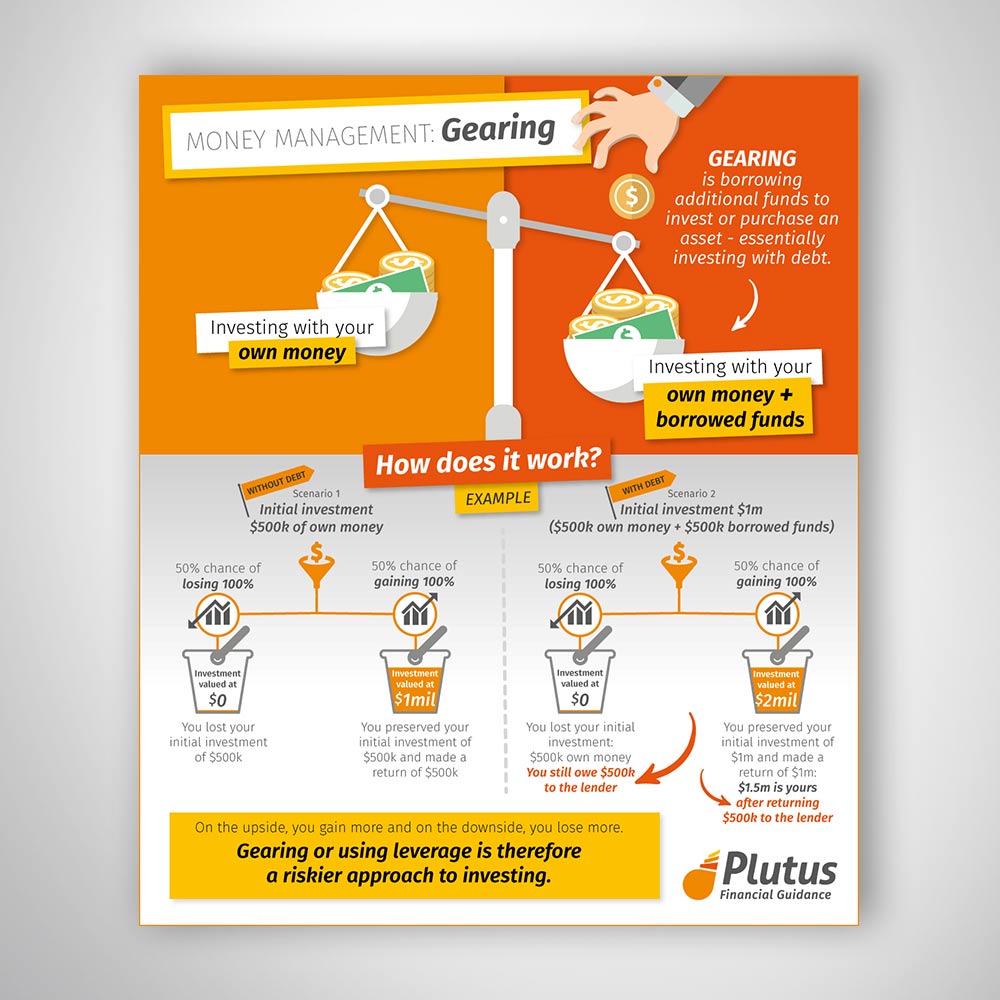Different Classifications Of Surety Bonds And Their Required Scenarios
Different Classifications Of Surety Bonds And Their Required Scenarios
Blog Article
Material Develop By-Smed Philipsen
Are you ready to dive into the world of Surety bonds?
Prepare yourself to discover the typical kinds of Surety bonds and find when they're needed.
From Perfomance bonds that make sure task completion to repayment bonds that secure subcontractors and providers, this post will be your guide.
So, bend up and allow's navigate through the ins and outs of Surety bonds together.
Perfomance Bonds
If you're in the building and construction market, you might require a performance bond to safeguard your clients. An efficiency bond is a type of Surety bond that ensures the completion of a job according to the conditions laid out in the agreement.
It gives financial protection to the obligee, typically the project owner, in case the contractor fails to satisfy their commitments. By obtaining an efficiency bond, you can ensure your clients that you can completing the job as agreed upon. This bond assists construct depend on and reputation, providing your customers peace of mind that their financial investment is protected.
Additionally, Perfomance bonds are frequently called for by legislation or defined in contracts for public building and construction jobs, ensuring that taxpayers' cash is utilized efficiently and efficiently.
Payment Bonds
When you're servicing a construction job, repayment bonds can offer monetary security for subcontractors and providers. These bonds ensure that repayment is made to all events involved in the task, even if the service provider defaults or stops working to pay.
Here are 3 essential points to learn about payment bonds:
- ** Assurances settlement: ** Payment bonds ensure that subcontractors and vendors will be paid for their job and products, even if the specialist can't fulfill their settlement obligations.
- ** Protects against non-payment: ** With a settlement bond in place, subcontractors and vendors can have satisfaction knowing that they have actually a legal recourse if they aren't spent for their services.
- ** Promotes fair settlement methods: ** Payment bonds aid promote reasonable settlement methods in the construction industry by making certain that everybody earns money for their work, which can aid keep favorable partnerships in between job stakeholders.
Having a payment bond in place can be important for subcontractors and providers, as it gives an extra layer of monetary protection in case of non-payment.
License and Authorization Bonds
When you acquire a permit or allow for your service or profession, a license and allow bond might be needed. This sort of bond makes certain that you'll follow all the laws and regulations related to your permit or license. Suggested Resource site gives economic protection to the federal government and the public by ensuring that you'll accomplish your obligations and obligations.
Certificate and permit bonds can be needed for different industries such as building, automobile dealerships, home loan brokers, and professionals. The bond amount is generally established by the federal government agency releasing the license or authorization, and it can vary relying on the kind of business or occupation.
It is essential to obtain a certificate and permit bond to demonstrate your dedication to operating your business or occupation morally and properly.
Final thought
So there you have it, a look right into the globe of Surety bonds. Whether it's making certain the completion of a task, protecting settlements, or acquiring licenses and authorizations, these bonds play an essential function in numerous sectors.
From the self-confidence they impart to the security they provide, surety bonds are a crucial device for services and individuals alike.
So next time you find yourself looking for one, bear in mind the various types and their significance. Keep bound, and remain protected.
